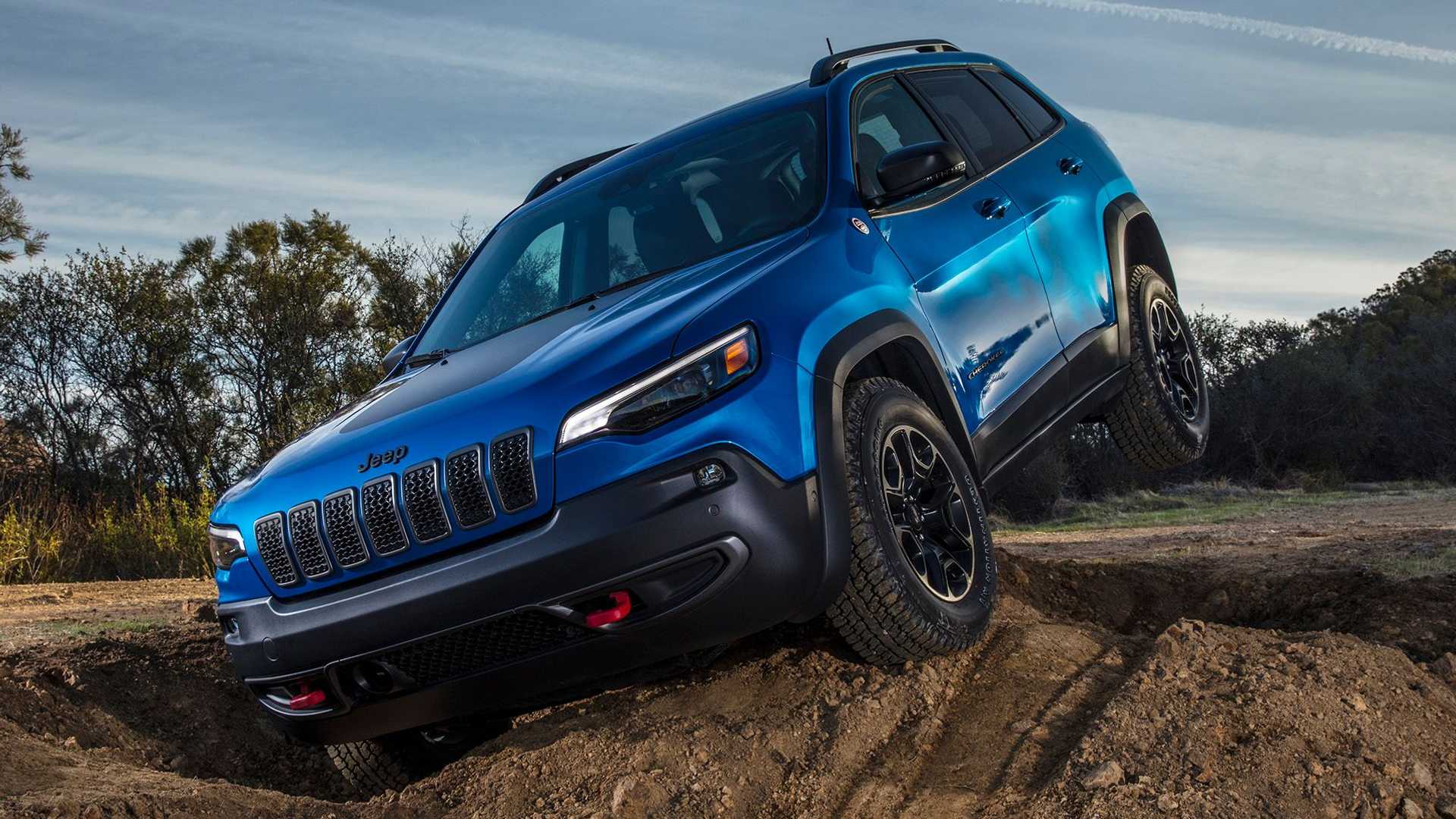
Late last year, Jeep announced that it would idle its Belvidere, Ill., factory. That happened at the end of February, bringing Cherokee production to a halt, which has seen its sales dip in recent years. However, according to Jeep, the model is “not canceled.”
A Jeep spokesperson told Motor1.com, “We have plans for that important vehicle in that important segment, which we will reveal in due time.” This echos what Stellantis CEO Carlos Tavares said earlier in the week when meeting with reporters about announcing plans about the next-generation Cherokee in “due course.”
Gallery: 2023 Jeep Cherokee







According to Motor Trend, he added that Jeep would offer an electrified variant of each model by 2025, alluding to the model’s future. This would align with what Jeep CEO Christian Meunier said last year about the next-generation Cherokee being larger than the current model and relying heavily on electrification. It’s supposed to spawn a top-tier Wagoneer variant and join the Jeep lineup in 2024 or 2025, according to rumors.
The Jeep Cherokee we know today launched nearly a decade ago, going on sale for the 2014 model year. It would receive a major facelift for the 2019 model year, adopting a more traditional-looking front-end design. Earlier this year, Jeep slashed the number of Cherokee trim available to just two.
The 2023 Cherokee is available in either the Altitude Luxe 4x4 or Trailhawk trims. The Trailhawk packs a turbocharged 2.0-liter making 287 horsepower and 295 pound-feet of torque. The standard engine in the Altitude is a 2.4-liter four-cylinder making 170 hp and 171 pound feet of twist. It’s slim pickings.
Jeep’s Belvidere factory has faced tough time in recent years. It has experienced downtime and layoffs before being idled. The company had to pause production when demand for the model weakened in early 2020 before the pandemic hit. The facility has been making vehicles since 1965, pumping them out for Chrysler, FCA, and Stellantis. The United Auto Workers Union plans to challenge the company’s plan to shut down the plant as the industry shifts toward making EVs.







